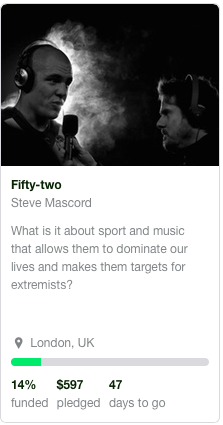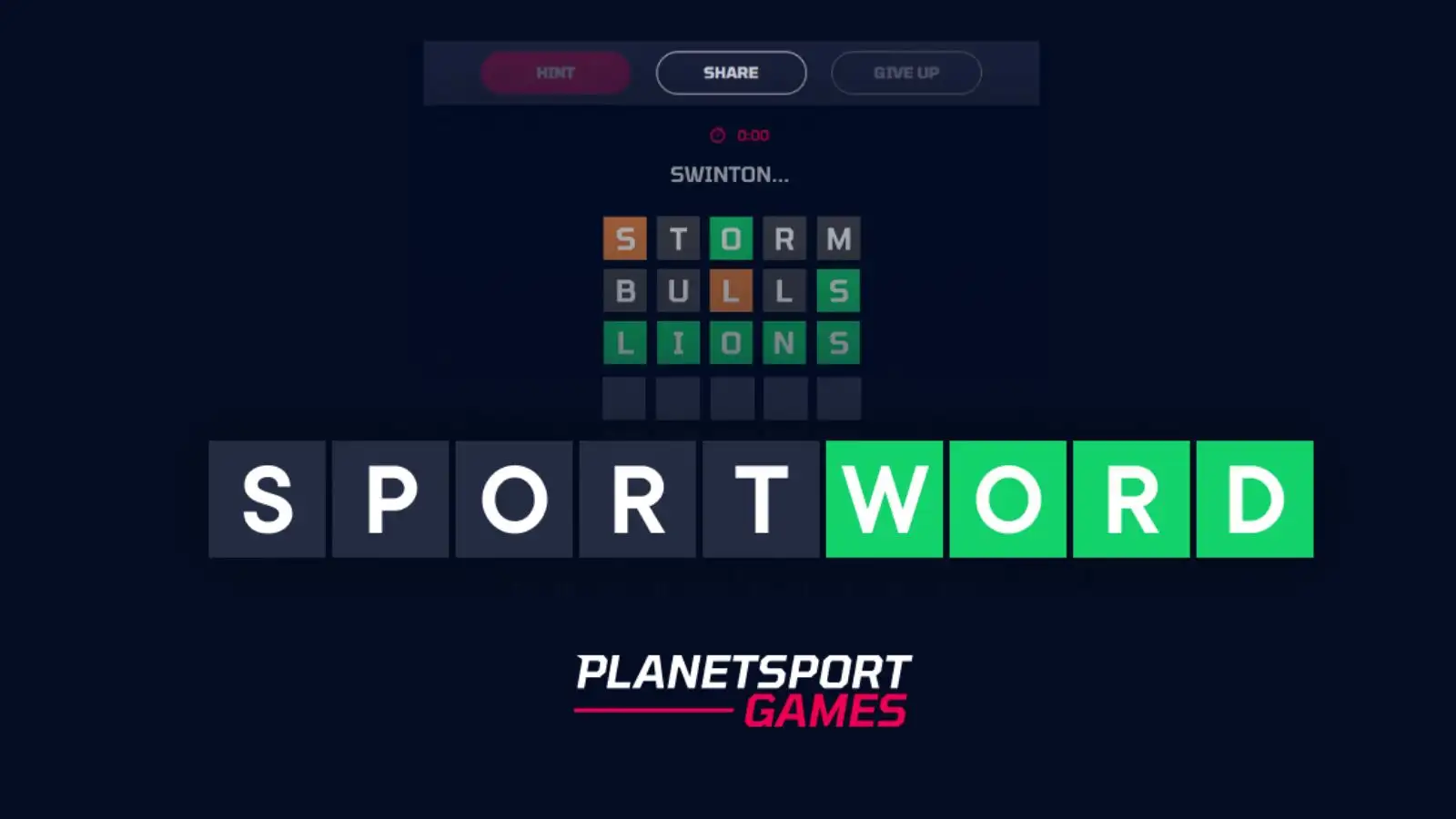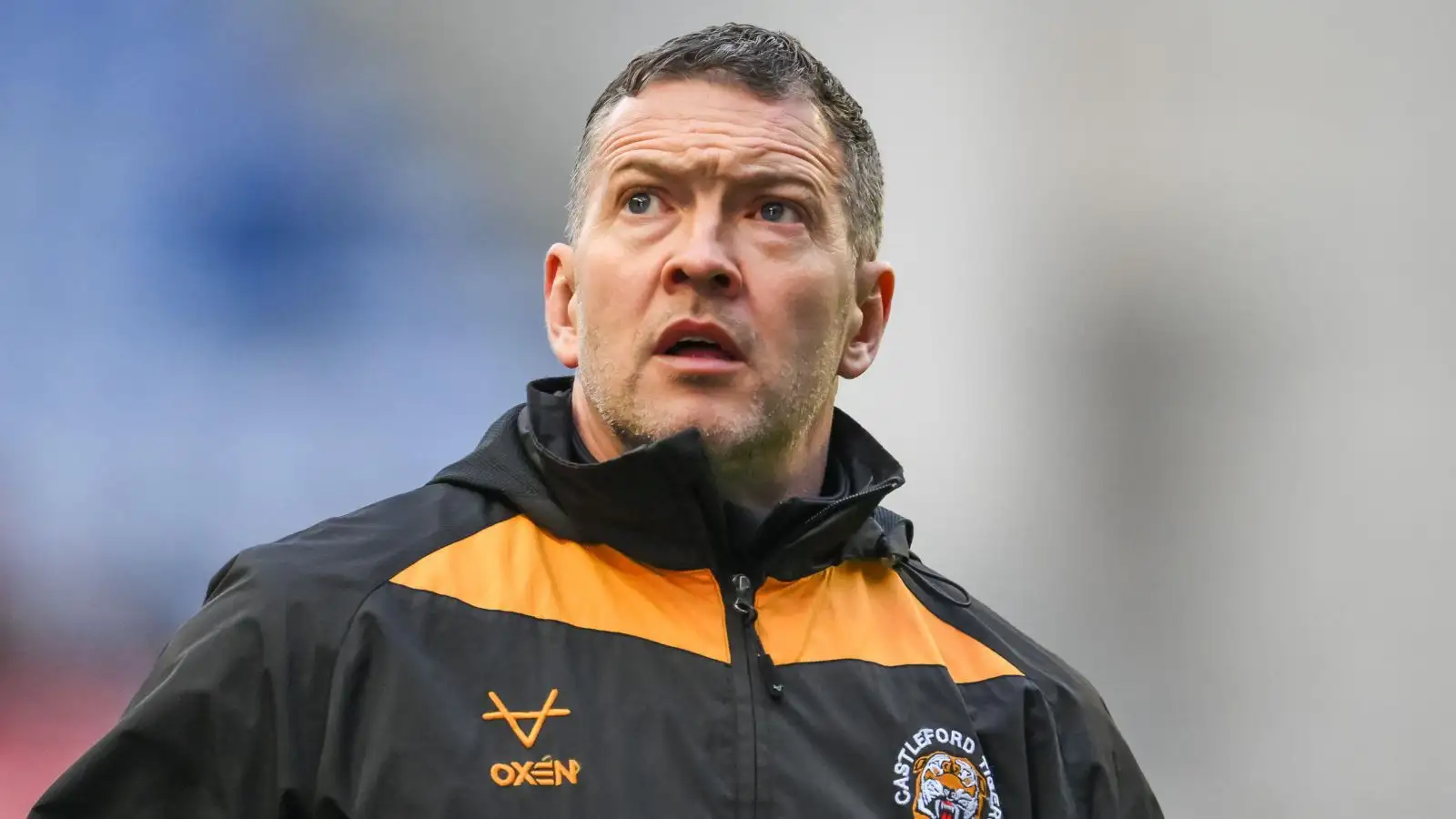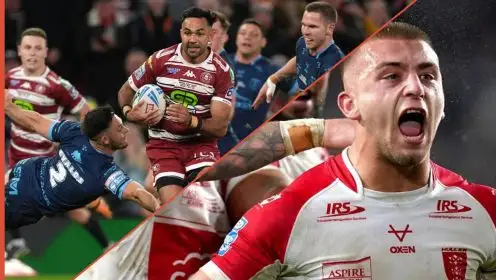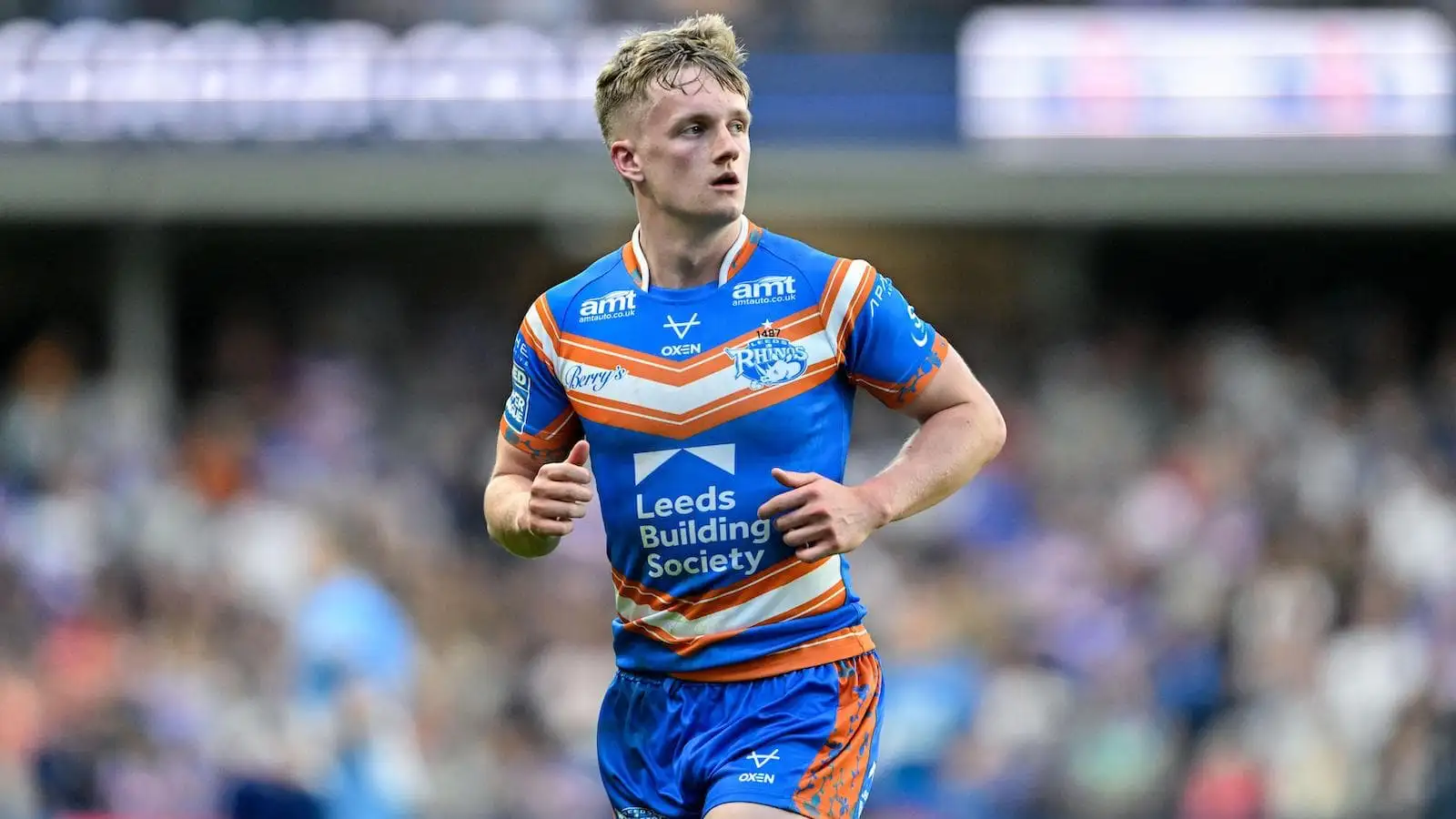Love the off-season: Caught between the moon and Sydney City
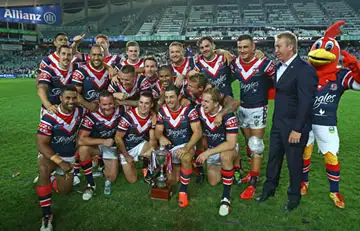
From an Australian perspective, there are few things more bamboozling than the Challenge Cup draw.
On one hand, rugby league struggles for national publicity in Britain. Yet on the other, you can plaster the most famous stadium in the world with logos and attract media coverage in the capital for the matching of balls that are assigned to amateur teams. WTF?
Of course, this speaks to a larger disparity between the hemispheres when it comes to rugby league’s sense of identity, and also the fact the Australian sports market is inherently elitist. In Britain, rugby league is small and somewhat united. The amateur game and the professional game feel close to each other, even though their governance is separated in a way it is not in Oz.
In Australia, the NRL is a commercial and cultural powerhouse and grassroots rugby league feels like it’s a world away from the spectacle that can attract a million viewers on free-to-air TV each Friday night in winter. Where things get interesting is when Australia is relied upon to lead the way, as the sport’s most powerful country, for everyone else.
The latest example is the Sydney Roosters planning a training camp in Dubai, completely unaware that the sport is illegal there and Sol Mokdad was thrown in jail. In many ways, as a sport, we have a broken culture. Our myth-making machine, our sense of community and history… they don’t work properly.
The NRL is such a behemoth that everything else is in its shadow, but it is not so big that everyone worldwide has a singular focus, as you would say is the case in the NFL. If the San Francisco 49ers went to Puerto Rico for a training camp, unaware that there was no American Football played there after the local boss of the sport had been thrown in jail, you would probably forgive them.
The difference is that rugby league is an international sport. A leading club from the leading country could fairly be expected to know this. The basic problem, then, is that Australia doesn’t seem to know or care about anything happening in the rest of the rugby league world … although NRL head of strategy Shane Richardson is trying hard to change this.
Many of the reasons for this disconnect lie fairly within the sport – the fact it’s been a meal ticket for people over five generations, the commercial and competitive dominance of the southern hemisphere and all those other things you’ve read about in columns like this.
But some of the reasons for the lack of unity, the myopia, run deeper in my opinion. They lie at the heart of Australian society.
Let’s say the moon suddenly became inhabitable. You sent the entire prison population of the UK there, then you offered cheap passage and land to those in Britain who were struggling to make ends meet here. Then you encouraged immigrants who who could help with public works and exploiting the resources of the moon. The major immigrants from what was considered the pointy end of society would be the clergy.
What would you be left with in 250 years? What would that society lack? I’d argue that respect for society’s institutions, for precedent and transparency, might naturally be a little thin on the ground because of the sample you started with. And I wouldn’t expect the moon colony to be big on leadership.
They would still have a chip on their shoulders about proving wrong all the people back on earth, about winning everything. And if they became good at a certain pursuit, they would not have any sense of responsibility over the future of whatever that pursuit was. They’d just want to win at it.
How could a colony on the moon influence people back on earth? The chip on their shoulder would not allow them to think in those terms. I’ve said more than a dozen times in columns and on social media over the past five years that Australians are good underdogs but often poor leaders. I can’t remember being challenged once for what could be interpreted as a slight on the national psyche. |
Rugby league sorely needs Australians to feel a responsibility for the sport’s progress worldwide, to get their hands dirty in a fight of which most of them are blissfully unaware. Trent Robinson, the Roosters coach formerly coached Catalans and is fluent in French, is just the man to prove Aussies do care.
The training camp in Dubai could be more interesting than the World Club Series itself.
